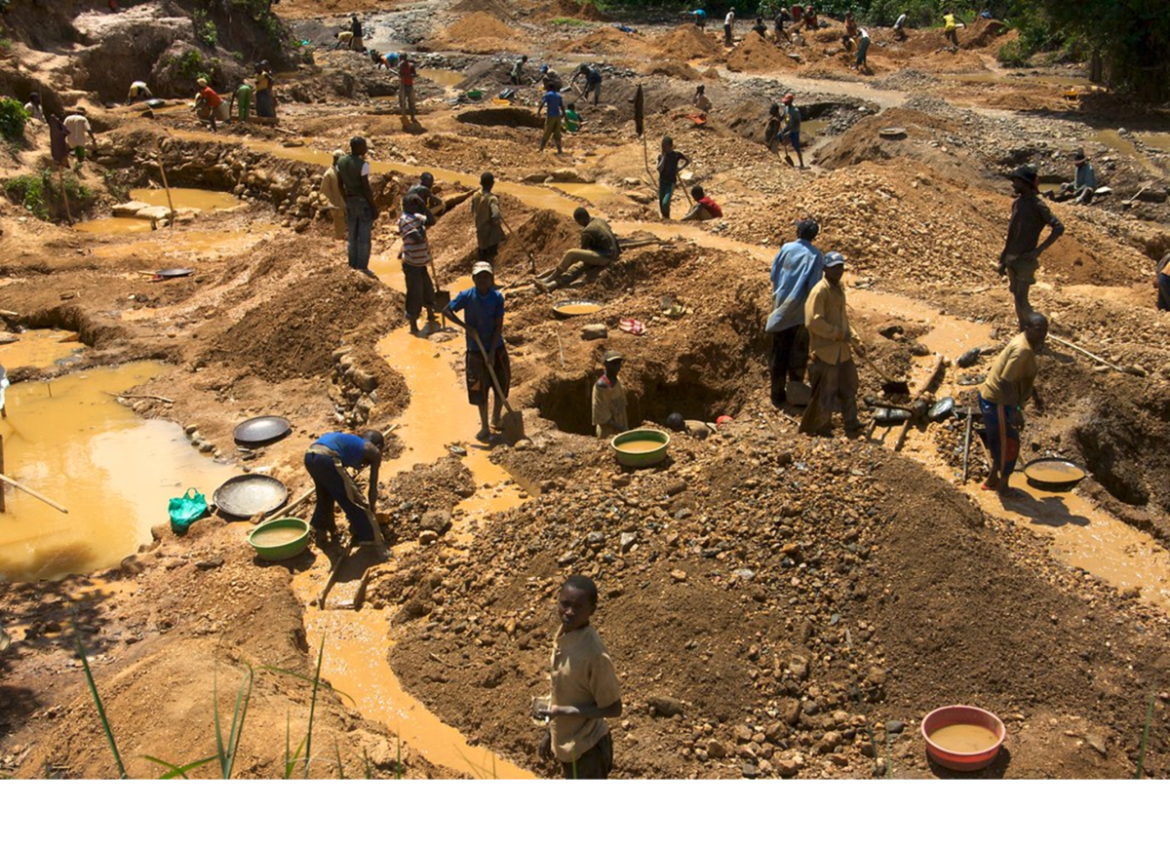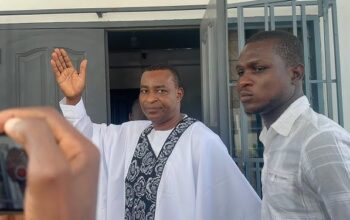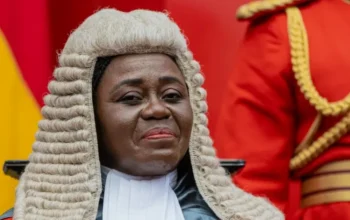In recent years, illegal mining—known locally as galamsey—has escalated dramatically in Ghana, driven by a tangled web of self-interest and complicity. Despite the country’s wealth of natural resources, the unchecked activities of illegal miners have wreaked havoc on the environment, leading to deforestation and severe water pollution. Central to this crisis are politicians and traditional leaders whose self-serving agendas often prioritize immediate gains over the long-term health of their communities and ecosystems. Their involvement not only perpetuates illegal mining but also undermines efforts to foster sustainable economic opportunities.

Many politicians, eager to secure votes and financial backing, turn a blind eye to the rampant illegal mining within their constituencies. In some instances, they provide protection and tacit approval to miners, allowing them to operate without fear of repercussions. Meanwhile, traditional leaders, who are meant to safeguard their communities and resources, often succumb to the temptation of quick profits, striking deals that benefit only themselves at the expense of their people’s future. This toxic alliance between political power and traditional authority has fostered a culture of corruption that obstructs effective governance and environmental stewardship.
As the destructive effects of galamsey become increasingly apparent, calls for reform grow louder. Civil society organizations and environmental advocates are demanding greater accountability from both political and traditional leaders, pushing for a united front against illegal mining. The challenge lies in dismantling the entrenched interests that fuel this crisis while promoting alternative livelihoods for those affected by the mining trade. Tackling the toxic ties of galamsey is crucial for protecting Ghana’s natural resources and ensuring a sustainable future for generations to come.










